Where we work
We work in over 100 countries worldwide to understand and protect biodiversity.

Our scientists work with collaborators in over 400 institutions from more than 100 countries to help find solutions to urgent global challenges.
Our extensive cross-disciplinary international network is essential to increasing the understanding, appreciation and protection of biodiversity and its useful properties.
We deliver training and build capacity, so we can share our expertise to protect, sustainably use and conserve the world's biodiversity.
Read about a few examples of our work and find out more about the projects in these regions.

Madagascar
The Kew Madagascar Conservation Centre (KMCC) is Kew’s third research centre and only overseas office.
We have 40 researchers, students and support staff based in Madagascar who work with local partners and communities to document and protect the island’s flora.

Africa
Through our Tropical Important Plants Area programme, we’re identifying habitats that are rich in plant diversity but are under threat and need protecting.
We’re also raising awareness of rare plant species among local communities to gain support for future conservation work.
In Ethiopia we’re improving livelihoods and food security through the development of climate resilient farming practices.
View our projects in Africa
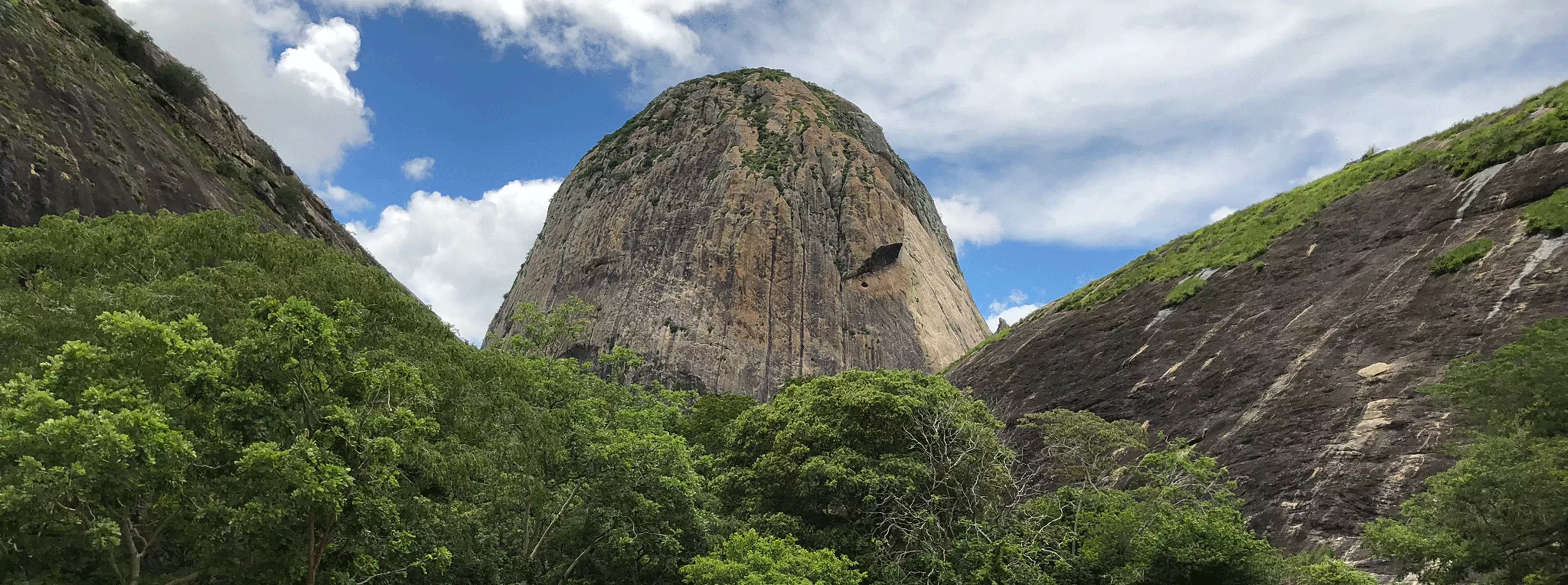
Asia and Oceania
In Pakistan we’re protecting medicinal plants from disappearing due to unsustainable harvesting, habitat loss and climate change.
Our Caucasus programme is safeguarding useful species, such as those that produce fruits and nuts, in Eurasian countries.
Across Southeast Asia we’re documenting flora and researching the effects of climate change on Indonesian forests.
View our projects in Asia
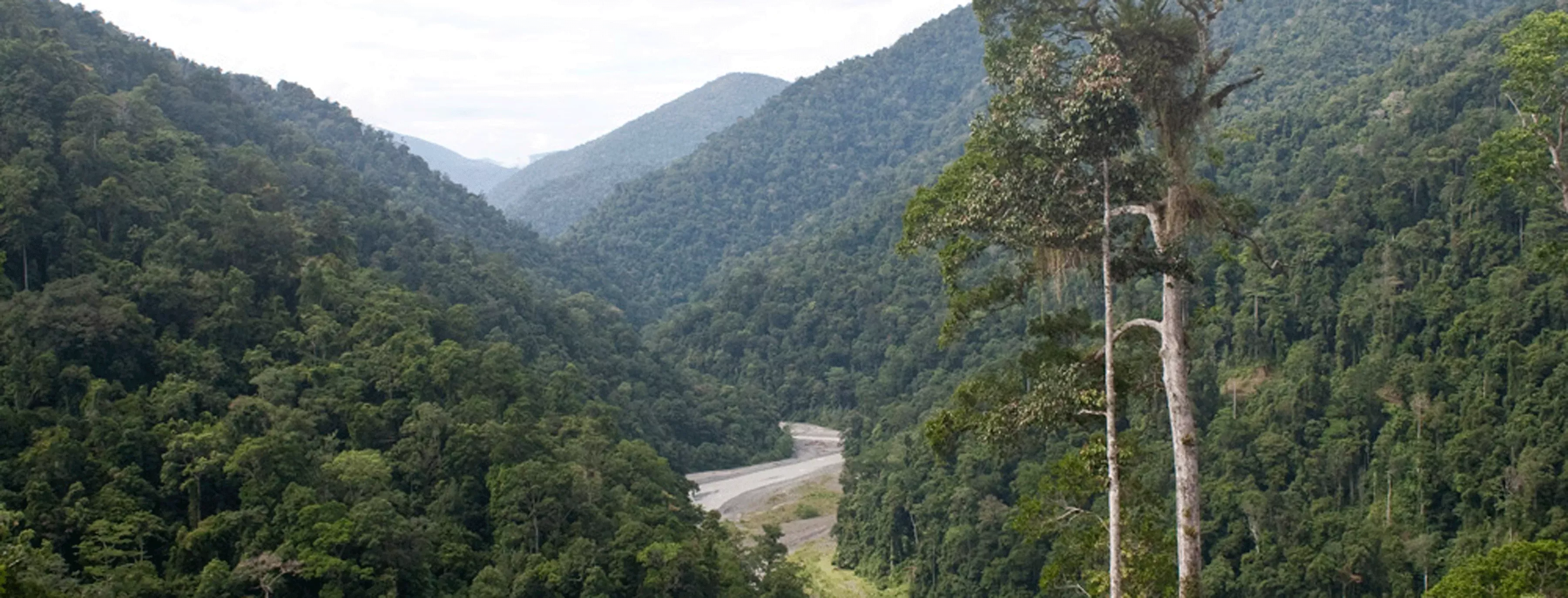
Latin America/Caribbean
Across South America we’re helping countries to sustainably use their natural capital to boost economies and livelihoods while supporting reforestation.
The seasonally dry tropical forests of Caatinga in Brazil are fragile so we’re using remote sensing technology to support sustainable use and prevent their loss.
In the British Virgin Islands in the Caribbean we’re distinguishing forest habitats that are resilient to natural disasters such as hurricanes, and identifying Tropical Important Plant Areas.
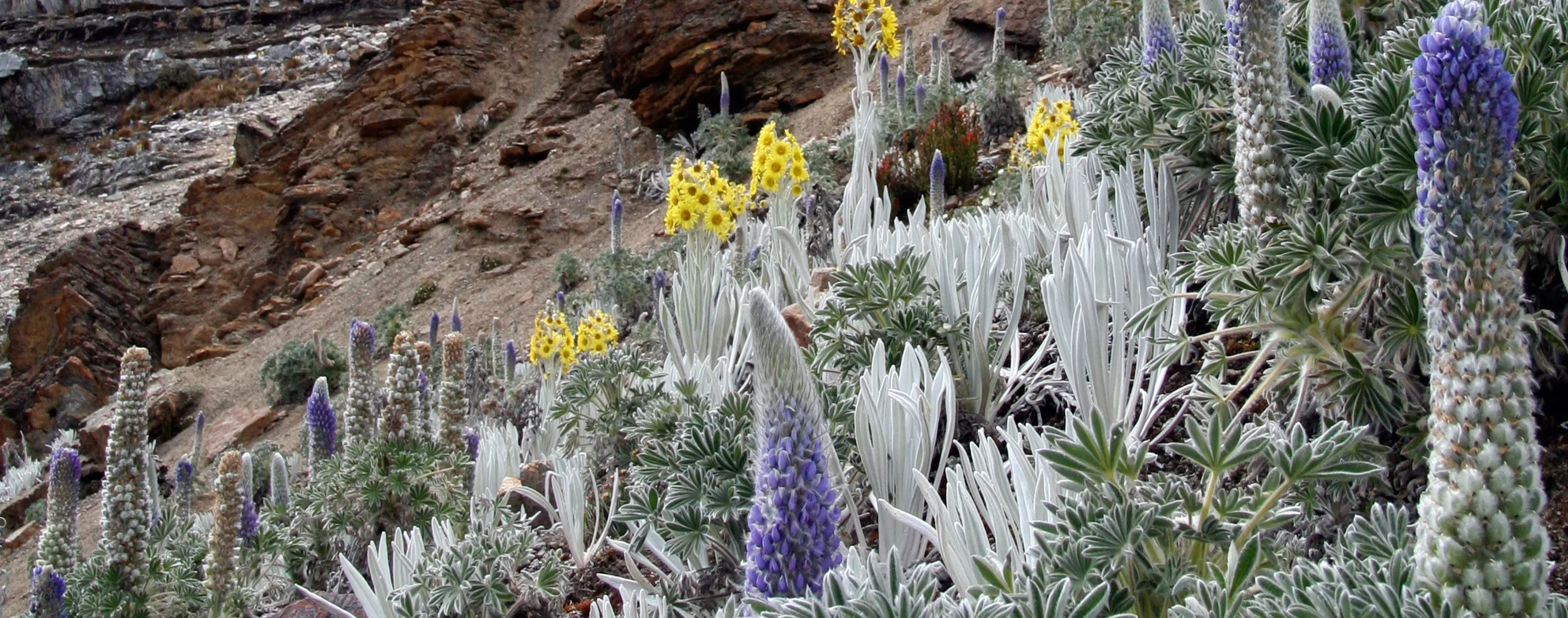
UK and Europe
As part of a global project to understand Earth’s biodiversity, we’re helping to sequence the genomes of plants and fungi in the British Isles.
Throughout Europe, from Scotland to Romania, we’re working with partners in-country to conserve and protect threatened flora.
We’re working to help combat the fungal disease ash dieback in the UK to stop 70 million trees from disappearing.

Discover more
-
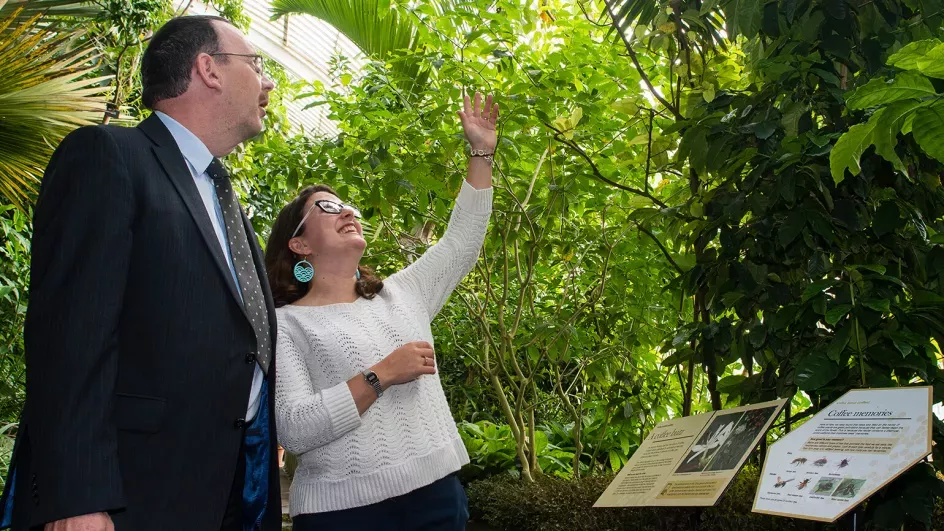
Global Partnerships
Our scientific resources are a global asset but the greatest benefits to science, conservation policy and education worldwide come when we form partnerships.
-
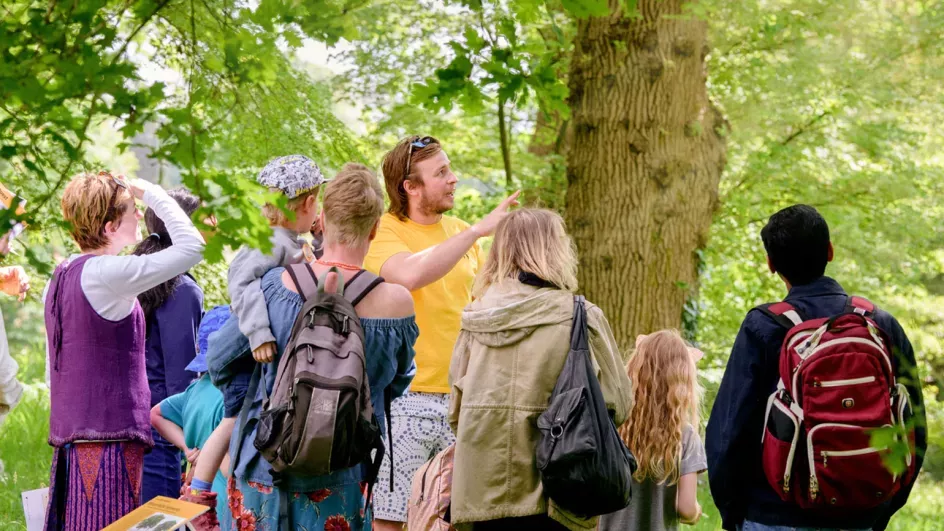
Get involved
Join in with our science by taking part in citizen science projects, at conferences or volunteer.
-
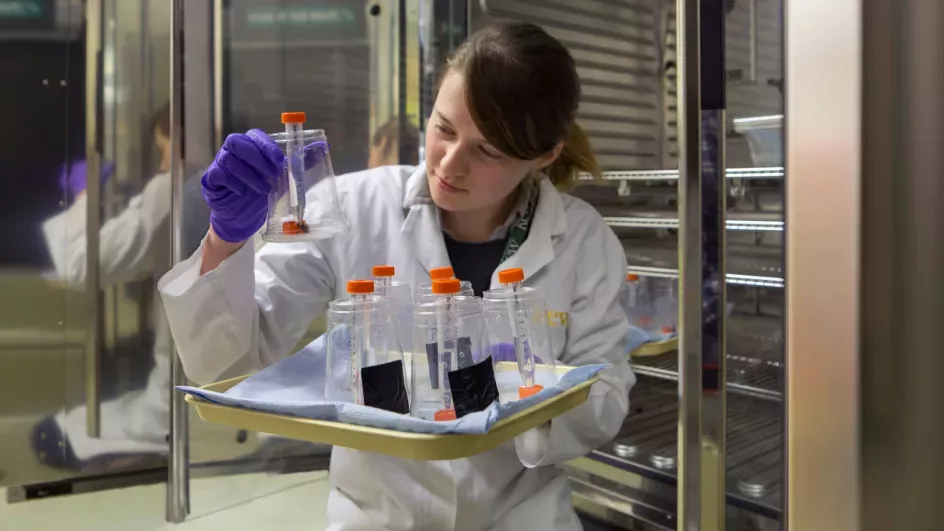
Science Education
We're committed to sharing our knowledge, skills and expertise to the next generation of plant and fungal scientists.